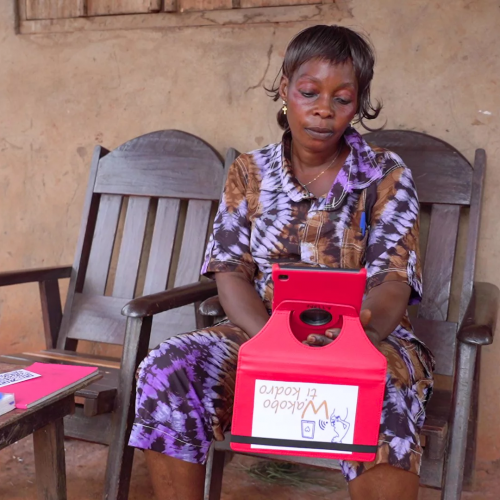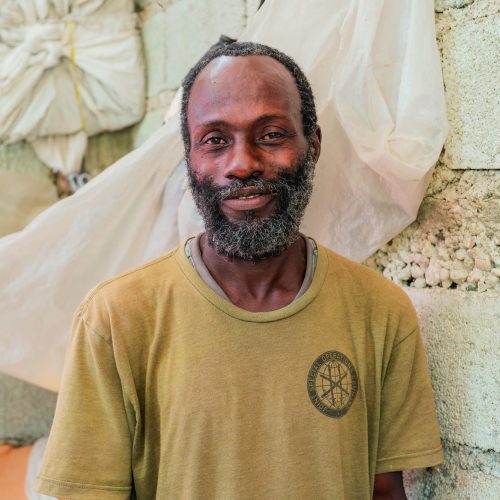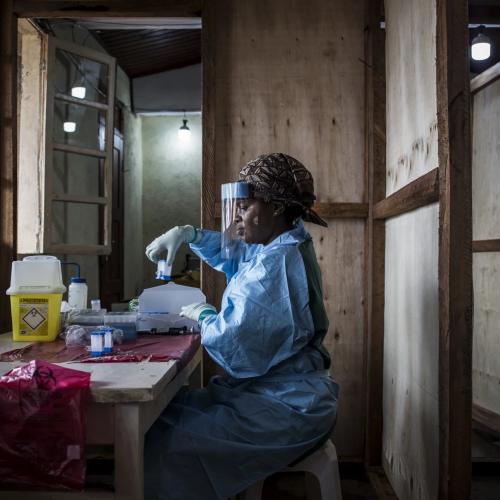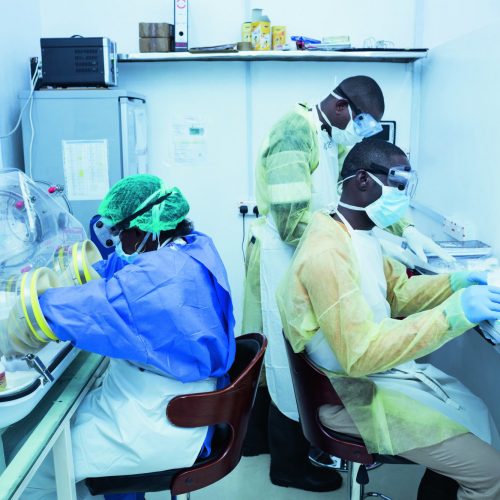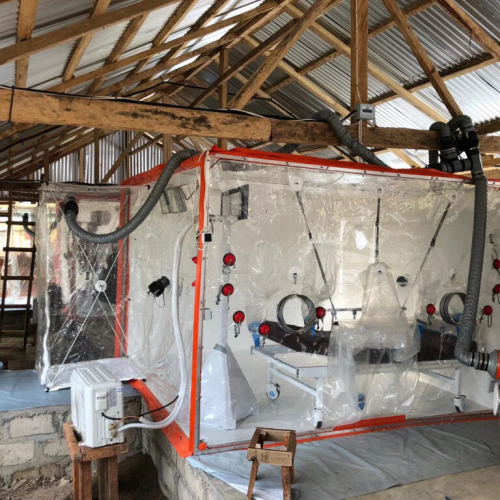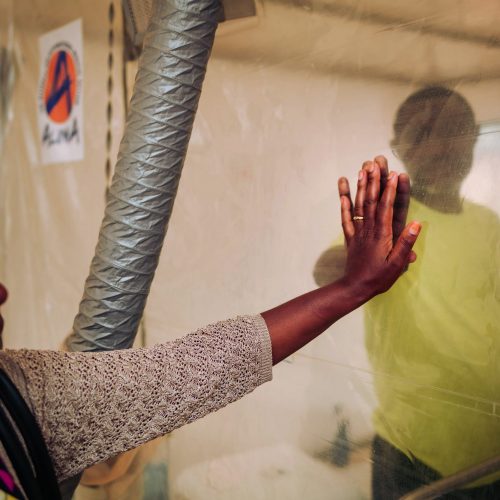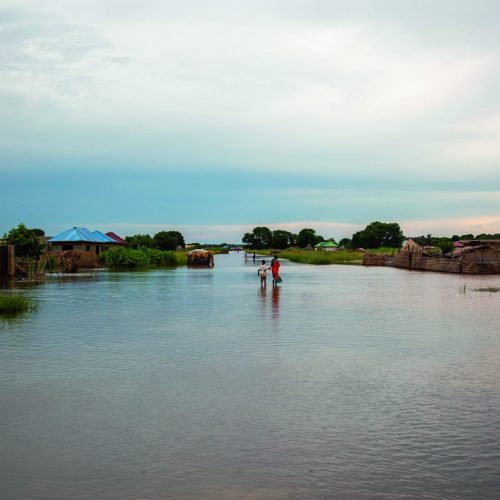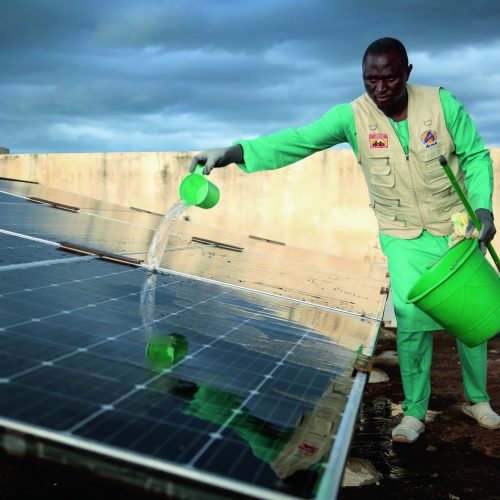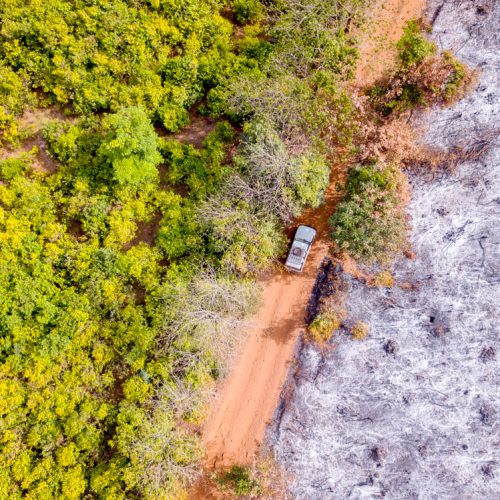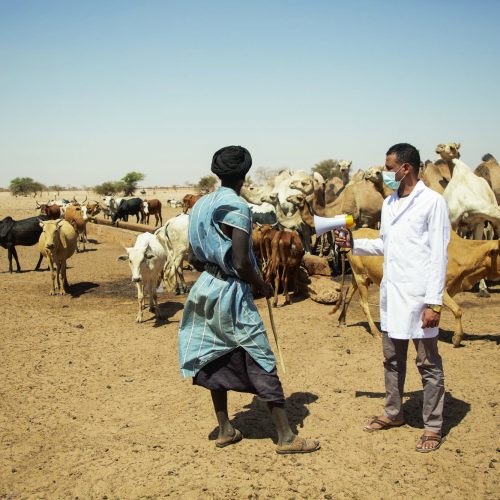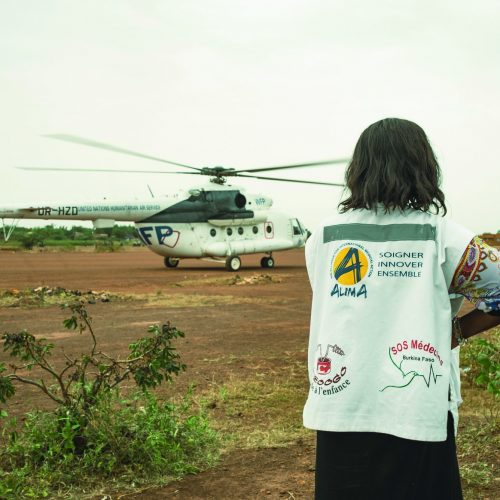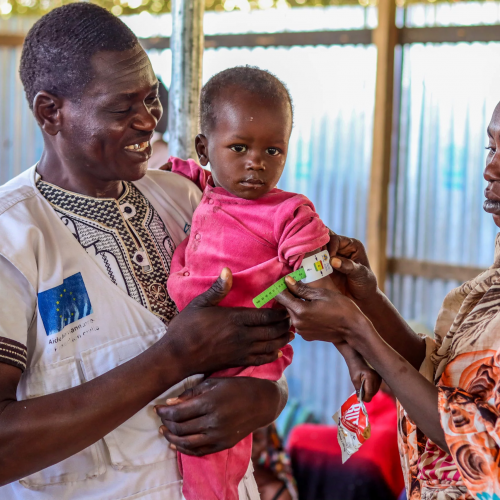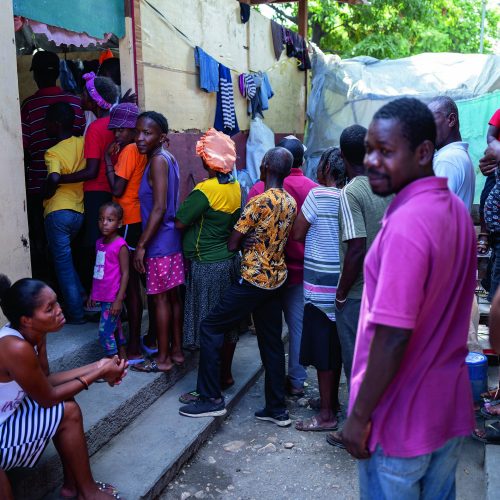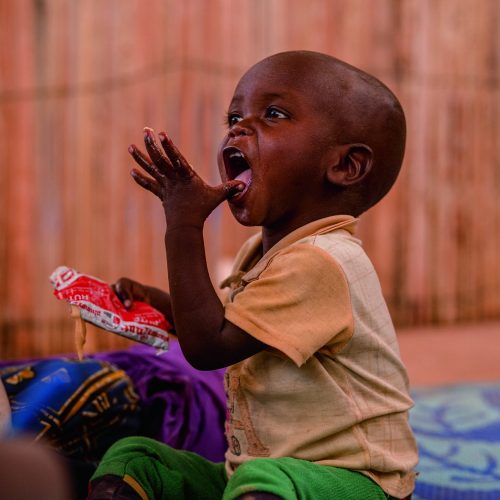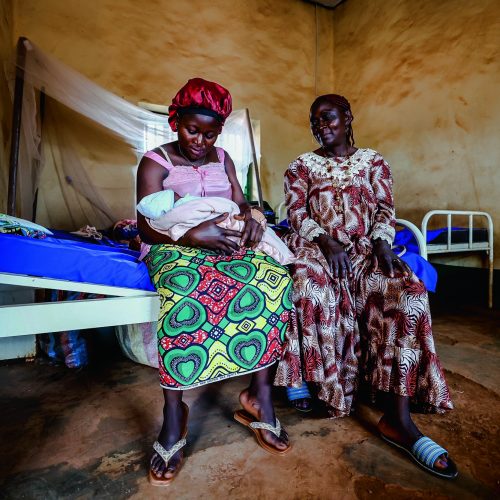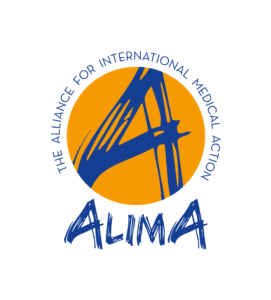Gender-based violence
One out of three women over the age of 15 is subject to gender-based violence at least once in her life. In its countries of operation, ALIMA accompanies victims of gender-based violence, listening to them and providing support.
Context
According to UN Women, gender-based violence (GBV) refers to all harmful acts directed against an individual or group of individuals because of their gender identity. In GBV, violence against women and girls is a major issue, although men and boys can also be victims. There are several types of violence against women and girls: domestic violence (economic, psychological, emotional, physical or sexual); femicide, especially honor killings; sexual violence (sexual harassment, rape, rape culture); human trafficking, especially sexual exploitation; female genital mutilation; child marriage; digital or online violence (cyberbullying, non-consensual sexting), etc.
While we know that the problem is global, and that it has been exacerbated by COVID-19 (Oxfam, 2021), some regions and countries are unfortunately more affected than others. This is the case for West African countries, all of which are at the bottom of the United Nations Development Program (UNDP) Gender Inequality Index global rankings, due to structural, gender-based power imbalances placing women and girls at greater risk of being subjected to multiple forms of violence. Indeed, in 2018, out of 162 countries, Senegal ranked 125th, Burkina Faso 147th, Niger 154th, and Mali 158th.
736 millions
women – nearly one in three – have experienced physical and/or sexual violence at least once by an intimate partner, and/or sexual violence by another person (30% of women over the age of 15).
200 millions
women and girls between the ages of 15 and 49 have undergone female genital mutilation in the 31 countries where the practice is most common; half of these countries are in West Africa (UN Women, 2021).
The ALIMA's response
In the course of its activities, ALIMA has been confronted by the issue of gender-based violence (GBV), which is often observed but remains taboo. This is why ALIMA teams offer medical and psychological care to survivors who could develop mental health problems or psychological disorders, particularly acute and chronic stress, i.e. post-traumatic stress.
The approach is both preventive and curative: to prevent further complications and/or to ensure immediate and post-immediate therapy for severe psychological and physical trauma. In addition to this support, advice and guidance are given, if necessary, in other areas such as legal, judicial, socio-cultural, and educational topics which are part of the recommended integrated global care.
Our activities
Community-based advocacy against GBV
- Raising awareness and advocating against gender-based violence at grassroots level
- Psycho-education/information
- Mobilization of community networks for gender-based violence prevention, mental health and psychosocial support
Care / Consultations
- Psychological first aid for survivors
- Individual and/or group listening/interview sessions for survivors.
- Specific care for moderate psychological trauma (TSR: Traumatic Stress Relief) for individuals and survivors’ groups.
- Survivor testimonies/discussion groups
- Psychological and medical consultations
- Legal and judicial advice and guidance
- Social and community support
Training
- Preventing sexual exploitation and abuse, and gender-based violence.
- Psychological first aid
- Psychological consequences of gender-based violence
Analysis
In the countries where we work, ALIMA conducts assessments of the situation regarding GBV prevention and care for survivors of gender-based violence. The objectives of this process are to assess the GBV response framework ; to identify the risks of exposure to GBV; to collect data on incidents of GBV; and to map stakeholders and their interventions.
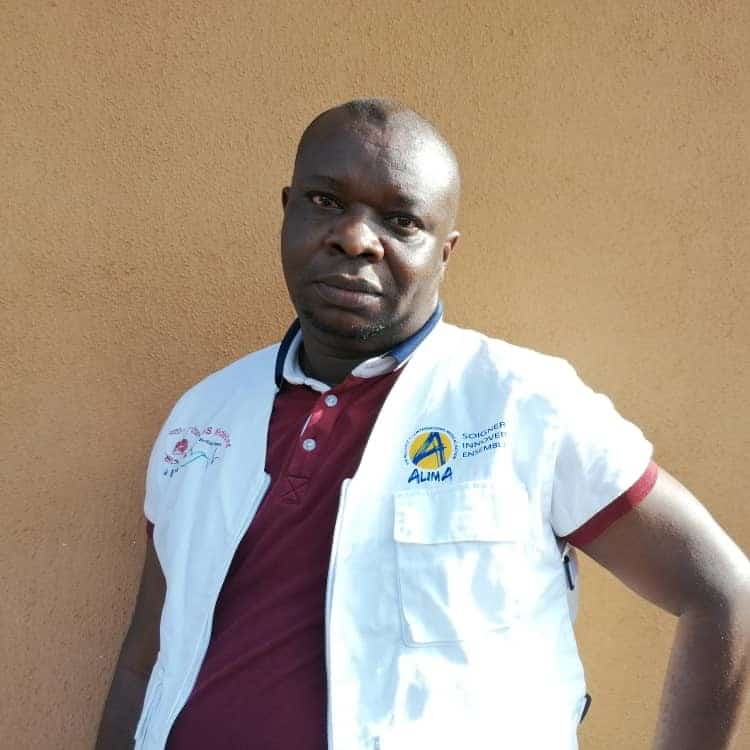
“One day, a 17-year-old girl came to tell us that she had been raped by armed men and that she had become pregnant. She was in the eighth grade at school at the time and felt that she had no future. Her aunt, who was her guardian, asked her to keep the child, but her family and parents rejected her. Following this traumatic event, the young patient felt a deep sense of abandonment from her family and parents. We contacted her aunt and she acted as an intermediary between the patient and her parents. We conducted a sensitization session for her parents: we explained what rape is and what its consequences are, and they understood that their daughter was a victim who was not guilty of doing anything wrong. Since then the patient has given birth. She and her child are doing well.”
Dodo Ilunga Diemu, Mental Health Coordinator at ALIMA specializing in psychosocial support for civilian populations affected by violence in Burkina Faso.
On the ground
Our related news
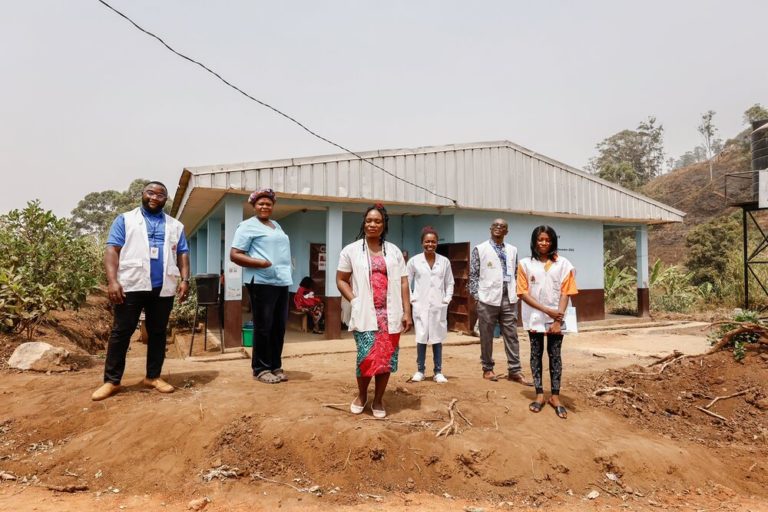
Cameroon: Improving Maternal and Child Health Amidst a Humanitarian Crisis
In the North-West region of Cameroon, an ongoing humanitarian crisis is jeopardising access to social services for thousands of pregnant women and children. Thanks to

Dr. Ousmane Abdoulaye’s Wishes for a Better Future in Haiti, Featured in NPR
In an article published by NPR, Dr. Ousmane Abdoulaye, medical coordinator for ALIMA in Haiti, shares his wishes for a fairer and more supportive future
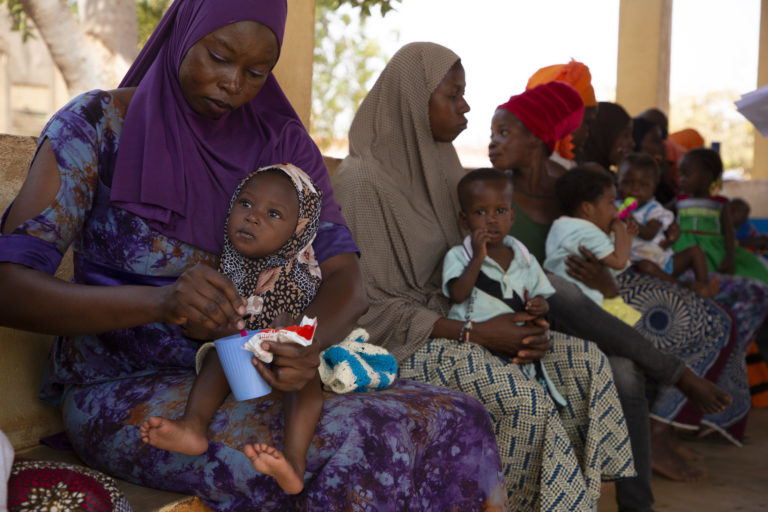
1,000 Days to Change Lives: Health and Nutrition in Burkina Faso
In Burkina Faso, the 1,000 Days project supports pregnant and breastfeeding women, as well as children under five. From pregnancy to a child’s second birthday,
